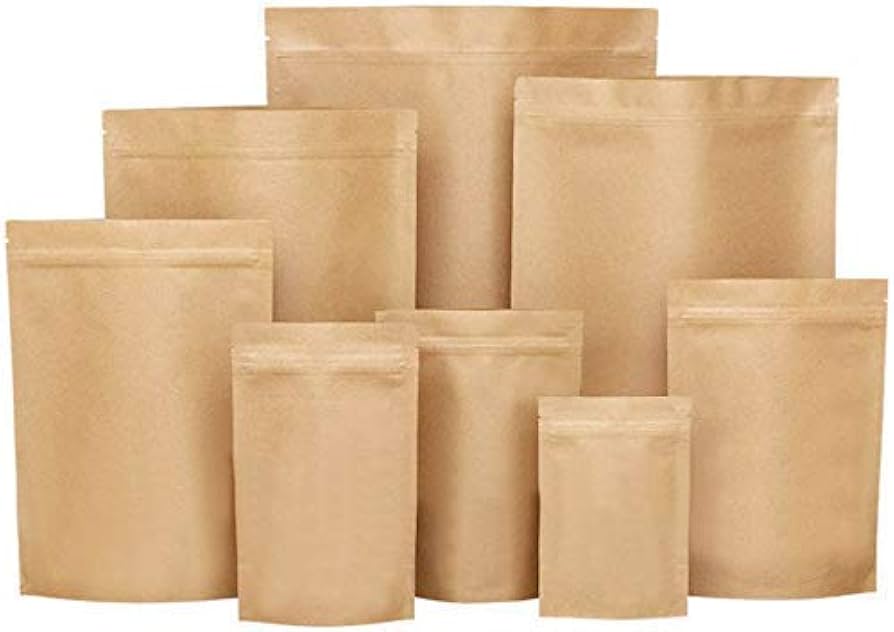
In an era where environmental concerns are reshaping our everyday choices, it’s time to rethink what we wrap our products in. Traditional packaging, especially single-use plastics, has long been a burden on our planet. Enter compostable packaging—a dynamic alternative that not only supports the environment but also drives innovation for businesses. Let’s explore why making the switch is a forward-thinking move.
A New Standard in Sustainability
Compostable packaging stands apart by turning everyday waste into a valuable resource. Made from natural materials such as plant fibers, cornstarch, or sugarcane residue, these products are designed to break down under industrial composting conditions. Instead of contributing to landfills or polluting our oceans, they transform into nutrient-rich compost that revitalizes the soil. This closed-loop system is a step toward a truly circular economy.
Key Benefits of Compostable Packaging
1. Eco-Friendly Life Cycle
By design, compostable packaging minimizes environmental damage:
- Rapid Decomposition: Unlike conventional plastics that linger for centuries, compostable materials break down in as little as 90 to 180 days.
- Soil Enrichment: The resulting compost can boost soil fertility, supporting urban gardening and sustainable agriculture.
- Reduced Carbon Footprint: Lower production energy and less resource intensity contribute to a smaller overall carbon footprint.
2. Enhanced Brand Credibility
Consumers are increasingly seeking brands that mirror their values. Incorporating compostable packaging into your product line signals a strong commitment to environmental responsibility. In today’s market, adopting green practices:
- Strengthens customer trust
- Differentiates your brand from competitors
- Enhances corporate social responsibility (CSR) narratives
3. Aligning with Regulatory Trends
Global regulations are tightening around plastic usage, with governments around the world moving to ban or restrict single-use plastics. By proactively transitioning to compostable options, you position your business ahead of regulatory changes—ensuring compliance while future-proofing your operations.
4. Innovation and Economic Opportunity
Advancements in green technology have made compostable packaging more robust and versatile than ever. Businesses now have a range of customizable options that provide:
- Cost-effectiveness: Modern production methods and economies of scale mean that sustainability can be achieved without sacrificing profitability.
- High Performance: Many compostable materials now match or even exceed the durability and protection of conventional packaging.
Challenges and the Path Forward
No transition is without challenges. Questions about infrastructure, such as the availability of industrial composting facilities and consumer education on proper disposal, remain. However, these challenges also serve as opportunities for innovation. By investing in community composting initiatives, partnerships, and educational campaigns, businesses can help build the infrastructure needed for a greener future.
Conclusion
The time has come to lead the charge in transforming our packaging practices. By choosing compostable packaging, you’re not just selecting an eco-friendly option—you’re investing in a sustainable future. Your business benefits from greater brand loyalty and reduced environmental impact, while society moves closer toward a sustainable, circular economy.
Embrace compostable packaging today and be a part of the change that our planet desperately needs. After all, innovation and sustainability go hand in hand in creating a better tomorrow.
